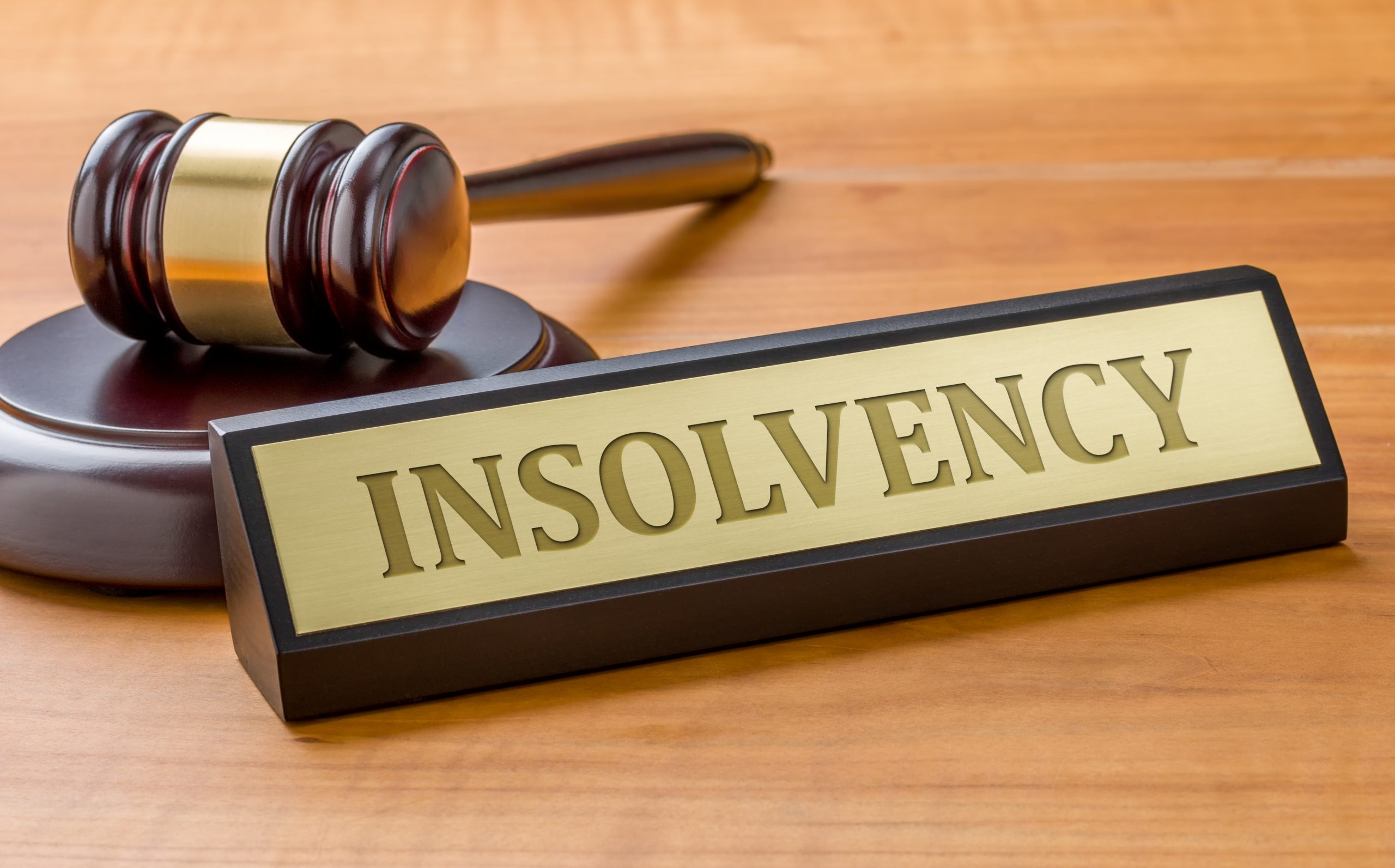Chapter 13 bankruptcy is the type of personal bankruptcy that allows the filer to repay their debts. This process is according to a set plan. The debt repayment plan is the period when the debtor follows a disciplined structure that the court has approved. But the debtor and the insolvency lawyer draft the plan according to the factors in place. The project is then submitted alongside the filing for bankruptcy at the court. This process applies to those who don’t meet the income requirements for filing Chapter 7 type of bankruptcy.
Suppose anyone cannot pass the means test of chapter 7 bankruptcy. In that case, the option to take is chapter 13 bankruptcy comes with some specific rules. It applies to both the insolvency lawyers and the debtors they represent must learn very well. After court approval, the lawyer and debtor ensure that they play according to the new rules of chapter 13 bankruptcy. Otherwise, the debtor may lose more than he planned if he defaults again.
Sufficient income
One of the rules of chapter 13 insolvency rule is the qualification of the debtor when considering his income value. It is mandatory that before you can qualify for the chapter 1 bankruptcy filing, the debtor should have enough income. It is also of necessity that eventually pays off the debts in about three years. How does one estimate this capacity? First, you deduct the allowable expenses from the debtor’s total income.

If the money left over is enough to pay off the obligations, then the person has a sufficient income. However, suppose the payment left after deducting all the expenses is not sufficient to take care of all the debts. In that case, the person does not qualify. The excess income after expenses must be able to repay the mandatory payments and pay the bankruptcy trustee. In addition, it must cover the cost of unsecured creditors in an amount equal to the non-exempt filer’s property.
See also: Can insolvency lawyers help me keep my assets?
Include all the required debts
Some debts should be included in the repayment plan when filing for a chapter 13 bankruptcy. First, the secured debts that remain payable even after the default can be discharged, which includes the mortgage payments. These payments must be kept current all through the bankruptcy period. Next, the debtor should make full payment of priority debts, including alimony and child support care dues. The last part of the debts are the secured debts, such as the tax liens. This debt category also has to be paid in full by the debtor within the allotted time of the repayment plan.
The repayment time limit
The repayment time is not forever; it has a time limit and must be stated in court. Usually, a bankruptcy court stipulates a period between 3 to five years, depending on the approved plan. Suppose the filer can successfully repay the debt within the stipulated time as approved by the court. In that case, he may keep all his property and try life again.
However, if he fails to complete the repayment according to the plan, the procedure becomes more complicated. Then, either the trustee or one of the creditors files a complaint to the court to revert the bankruptcy. Or the debtor successfully asks for a modification or more time to repay.
Debt limits
The debt limit is the specific limit that the debtors who file for bankruptcy cannot exceed. These limits may be adjusted every three years to accommodate the inflation that may have happened. Also, there may be a limit for unsecured debt that is perhaps lesser than the limits of the secured obligations.
Previous bankruptcy filings
One significant rule of filing for bankruptcy is that anyone who had previously filed for bankruptcy cannot use that protection. Such a person is not eligible to use any of the two types of bankruptcy. In addition, the rule states that if a person has filed for a chapter 7 bankruptcy in the last four years or chapter 1 bankruptcy in the previous two years, he cannot file for another chapter 13 bankruptcy.
Apart from the above, there is another reason why a debtor may be ineligible to file for chapter 13 bankruptcy. If a bankruptcy petition was dismissed in the previous 180 days it invalidates his chances. It may be due to a failure on the debtor’s part. The violations include a willful violation of a court order, or failing to appear before the court. Other ones are requesting that the court dismiss a bankruptcy after the creditor requests that an automatic stay be lifted.

The rule of liquidation
Regarding a chapter 7 bankruptcy case, the trustee has the right to liquidate all the debtors’ assets to repay creditors. However, there is an opportunity for the debtor to retain some of his properties. The method involves invoking federal or state laws that permit certain exceptions in bankruptcy. When you initiate this process for chapter 7 bankruptcy, the qualified unsecured debts are safely discharged. A discharge process is when the debtor is released from the liability of the overwhelming accrued debts.
Other important insolvency rules
Anyone who wishes to file for a chapter 13 bankruptcy must be able to prove that he has fulfilled all his income tax returns for the past four years. After that, he will also undergo a professional credit counselling session with an approved organization for a minimum of 180 days before the filing.
Bankruptcy is an area of law that many find interesting as insolvency lawyers but not as palatable for debtors. However, if the unexpected happens, it is also essential to know the general laws that govern the process. It may be difficult for an individual to process all the procedures independently. Besides, an experienced insolvency lawyer can render professional service at a minimum cost. Not only will hiring a professional save costs, but it will also reduce the risk of rejection in court.
Common mistakes to avoid during bankruptcy proceedings
There are five common mistakes that insolvency lawyers should avoid when filing for bankruptcy in court. They include
- Using your secured debt to pay off unsecured debt
- Tapping into a retirement account to eliminate debts
- Losing assets or properties that are more valuable to you than money
- Hiding any required information from the bankruptcy process
- Ignoring collection lawsuits that may have been pending towards complete avoidance



